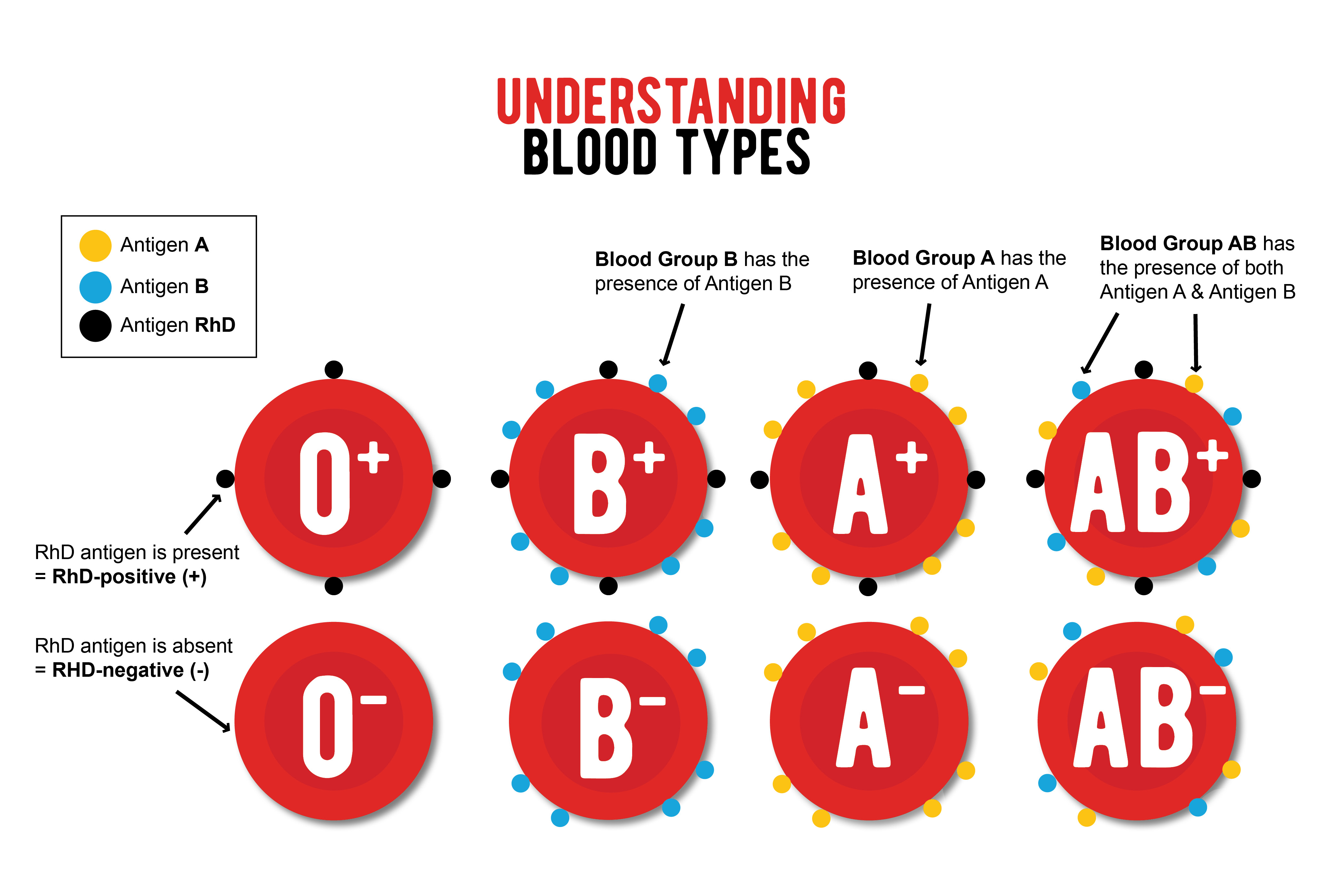

But believe it or not, there are also those people whose blood is even more scarce - the ones who lack an entire group of antigens. If you don’t have an antigen that’s present in 99.9 percent of people, your blood is considered super rare, and finding a donor will be tricky. Now, there are actually 342 such known antigens in humans, and only roughly half of those, around 160, are common. Related Article: 20 Amazing Blood Type Facts You Never Knew That’s why it’s important to match up blood types during a blood transfusion. When someone who doesn’t have a specific antigen, let's say RhD-, receives blood from someone who does (RhD+), antibodies are produced that trigger an immune response in the body, attacking the newly transfused blood, which could potentially have a lethal outcome. The reason why these antigens are so important is that they can trigger the production of antibodies and incompatibilities can be dangerous to one's health. In reality, there are more antigens in the Rh group, but more on that later. One of the most common antigens is the RhD protein, which is somewhat mistakably known as either Rh+ when it’s present or Rh- if it’s not. Blood type is identified through the presence and absence of certain sugars and proteins that attach themselves to blood cells that are called antigens. population.To understand how someone can have an Rh-null blood type, we must remind ourselves what determines a blood type, to begin with. This chart shows the breakdown of blood types in the U.S. Ask your phlebotomist what’s the best way you can save a life. Your donation of red blood cells, platelets or plasma can make the lifesaving difference for someone in our community. While all blood types are needed, some are more conducive to particular types of blood donations, such as platelets or double red cell.

This is the rarest blood type, occurring in only 4% of the population. Blood plasma is used to help trauma and burn victims, people with clotting problems, leukemia patients and many others.

People with Type AB blood are universal plasma donors because their blood plasma can be used by anyone. Type O negative, often called the “universal” blood type is almost always in demand because O negative red blood cells can be transfused to anyone regardless of their blood type. Sometimes a particular blood type will be in short supply and donations for that blood type will be urgently needed. Is one blood type more valuable than another?ĭonations of all blood types are needed to help save lives. This is why we need supplies of each blood type on hand. Using the wrong blood type can cause serious health problems or even death. Why is your blood type important?īecause some blood types are not compatible, it is important to give the correct blood type in a transfusion. Your parents’ blood types determine which blood type you have. No, there are 8 different blood types – A positive, A negative, B positive, B negative, AB positive, AB negative, O positive and O negative.


 0 kommentar(er)
0 kommentar(er)
